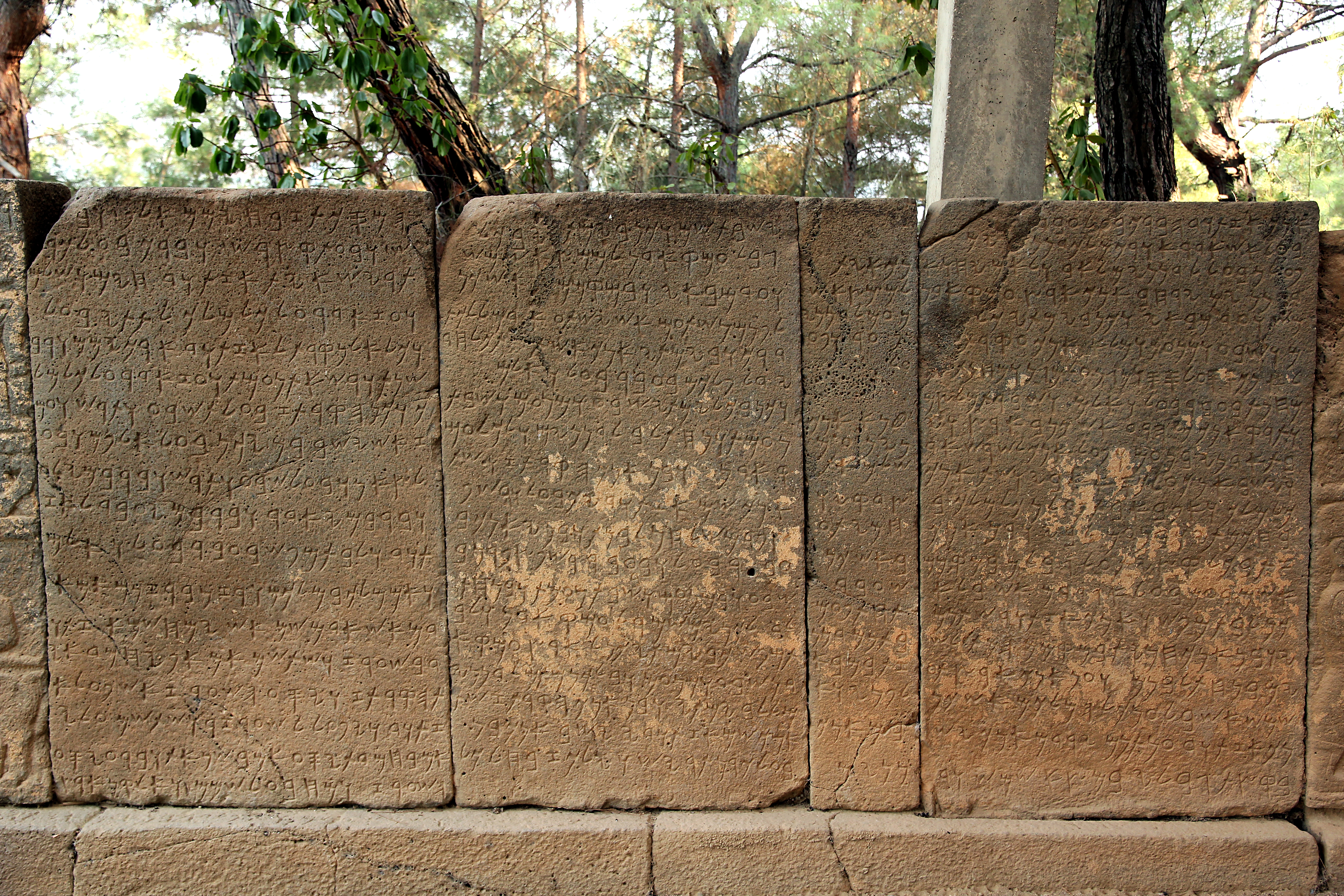|
Ḫiriḫibi
Ḫiriḫibi is the conventional vocalization of ''ḫrḫb'', a name of a deity known only from a single Ugaritic text, the myth ''Marriage of Nikkal and Yarikh''. It is presumed that he was a Hurrian god in origin, and that his name is derived from that of a mountain located somewhere to the north or northeast of historical Assyria. In the narrative he appears in, he seemingly functions as a marriage broker mediating between Yarikh and the family of Nikkal. It has also been proposed that he was her father, though this assumption continues to be disputed due to relying on a speculative restoration of a damaged passage. Name The nature of the deity whose name is written as ''ḫrḫb'' in the Ugaritic alphabetic script is uncertain, though most authors agree that he was a Hurrian god in origin. This theory was already considered plausible in early scholarship in the late 1930s and 1940s. The name is commonly vocalized as Ḫiriḫibi or Ḫiriḫbi. Sometimes transcriptions such a ... [...More Info...] [...Related Items...] OR: [Wikipedia] [Google] [Baidu] |
Yarikh
Yarikh (Ugaritic: , , "moon") was a moon god worshiped in the Ancient Near East. He is best attested in sources from the Amorite city of Ugarit in the north of modern Syria, where he was one of the principal deities. His primary cult center was most likely Larugadu, located further east in the proximity of Ebla. He is also attested in other areas inhabited by Amorites, for example in Mari, but also in Mesopotamia as far east as Eshnunna. In the Ugaritic texts, Yarikh appears both in strictly religious context, in rituals and offering lists, and in narrative compositions. He is the main character in ''The Marriage of Nikkal and Yarikh'', a myth possibly based on an earlier Hurrian composition. The eponymous goddess was regarded as his wife in Ugarit, but she is not attested in documents from most other Syrian cities, and most likely only entered the Ugaritic pantheon due to the influence of Hurrian religion. Ugarit ceased to exist during the Bronze Age collapse, and while Yarikh co ... [...More Info...] [...Related Items...] OR: [Wikipedia] [Google] [Baidu] |
